Aberdeen businesses have joined forces in a last-ditch bid to reach a Common Sense Compromise on city centre bus gates.
The traders, supported by The Press and Journal, are putting forward an alternate proposal described as “the minimum needed to keep businesses alive”.
Drivers were banned from Bridge Street, Guild Street and Market Street almost a year ago – while a ban on turning right from Union Terrace was also enforced.
The works are intended to make the city centre more bus-friendly, and reduce emissions.
But the negative consequences simply can’t be ignored.
What are the key measures that could save businesses?
Since the measures were installed, 90% of traders have described a decline in footfall.
Earlier this week, The Press and Journal invited businesses and business groups to a meeting to come up with alternative measures, which would balance their short-term needs with Aberdeen City Council’s long-term transport goals.
The group’s Common Sense Compromise calls for:
- Keep the Guild Street bus gates, along with restrictions on Schoolhill and Upperkirkgate
- Remove the bus gates at the Adelphi and Market Street, allowing access in both directions through Market Street
- Remove the bus gates on Bridge Street, allowing full access in both directions
- Remove the right turn ban on Union Terrace
- Issue a warning rather than a fine to first offenders
- Use fines to help city centre businesses via transport initiatives
High street stalwarts like the Charles Michies the chemist, Finnies the jeweller, the Douglas Hotel and the Trinity Centre have aligned with furniture retailer Annie Mo’s, and clothes shop Style for Your Shape in backing the appeal for a solution.
Aberdeen Inspired, Aberdeen and Grampian Chamber of Commerce and the Our Union Street campaign group have also helped shape the request.
Why do we need a Common Sense compromise on Aberdeen’s bus gates?
The traffic changes were rolled out under “experimental” measures which meant there was no consultation before they came into effect.
And the threat of fines for unsuspecting drivers caught out has deterred many from even venturing into town.
The “perception” that Aberdeen is “closed off” has taken hold. Wary of being hit with a £60 penalty, or becoming confused in traffic, many simply stayed home – or decided to do their shopping elsewhere.
- A staggering 90% of people surveyed by Aberdeen and Grampian Chamber of Commerce said the moves had a “negative impact” on their usual activities in the city centre
- 74% were unclear about where they could drive
- And 79% admitted visiting less often
- At the same time, 81% of businesses said they had fewer customers
A separate survey by business body Aberdeen Inspired yielded similar results.
Our Common Sense Compromise on Aberdeen’s bus gates comes as they could be made permanent
During our talks this week, Victoria Mutch from Style for Your Shape told us the moment the bus gates came into effect it was “like a switch had been flicked”.
Within months of the rollout, food hall Haigs threw in the towel and blamed the bus gates for dwindling footfall as its Schoolhill shop shut.
There are growing fears that others could rapidly follow suit.
But now the councillors elected by you to serve Aberdeen’s best interests have the power to change that.
A decision on making the bus gates permanent will be made on Wednesday, July 3.
Why aim for compromise?
And today we say the time has come to make some concessions, and listen to these traders trying their best to survive in harsh conditions.
The Press and Journal is standing side by side with Aberdeen businesses and business organisations in an appeal to reach a Common Sense Compromise.
We now want you to back it, and send a message to city decision-makers.
Why these changes – and why keep some bus gates?
The Guild Street bus gates have successfully relieved congestion, allowing buses to enter and exit the station without becoming clogged up in traffic.
Since their introduction, bus firms have reported better performances, with quicker journeys and improved punctuality. And let’s recognise the council’s long-term aims for Schoolhill and Upperkirkgate, leaving the area traffic-free.
Let’s leave them in place.
Can we remove some measures to help businesses survive?
But a clear message must be sent to people living in and around Aberdeen that the city is open for business.
Removing other measures will show a willingness to meet these businesses halfway, and help change the perception that the city is off limits.
Let drivers use Bridge Street and Market Street to cross the city once again. Let’s make it easier for people to support the city centre.
The same sort of technology used to scan number plates to check for LEZ compliance could be used to detect bus gate “first offenders”.
Rather than slapping visitors with a fine, allowing this negative perception to grow, they will instead receive a letter warning them about the new system.
And for those fines that are accrued, the money should be ploughed into schemes aimed at helping local businesses who have been impacted, with free/reduced parking prices and free bus promotions.
These suggestions are simple, fair and effective.
‘You have to listen to us’
Trinity Centre owner, Robert Keane, told us the Common Sense Compromise being proposed is the “minimum of what we need to keep businesses alive”.
He added: “Should council members be amenable to this route forward, we think it could save the city centre.”
Victoria Mutch, the independent businesswoman behind Schoolhill’s Style for your Shape, helped form the list of proposed compromises.
She said: “We’re passionate about the city centre and keeping it alive.”
Addressing the council, she added: “You have to listen to us. We’re not doing this for no reason.
“We’re all coming together with a common purpose, and we want you to listen to what we’re proposing.”
Business leaders keen to work WITH council – and avoid ‘confrontation’
Russell Borthwick, chief executive Aberdeen and Grampian Chamber of Commerce added: “We do think this is a common sense compromise.
“We think we’ve kept measures in place which give buses priorities where needed, but we think if we can make the changes that we’re asking for, then we will restore confidence and send out a message to people that Aberdeen City centre is open for business.
“I think the message is clear, work with us in partnership: This isn’t a confrontation.”
‘We need some common sense’
Adrian Watson, the chief executive of Aberdeen Inspired said: “I’ve never experienced anything in my time at Aberdeen Inspired where the business community have been as one around an issue such as this.”
He added: “Listen to the business community. They are as one.
“We really do need to get back and maybe find compromise here and, dare I say, some common sense around the whole issue.”
Do you agree with the Common Sense Compromise? Let us know in our comments section below
Why The Press and Journal is behind Common Sense Compromise on Aberdeen bus gates
The Press and Journal’s editor Craig Walker added: “We have decided the time has come to act on this, after listening to the concerns of local businesses and business leaders.
“We believe our Common Sense Compromise will allow the council to meet its transport goals while recognising the need for the current system to be altered.
“We need to do all we can to reverse the negative perception surrounding Aberdeen city centre, and we ask that our readers please support us in this.”
Councillors will meet to vote on July 3 to decide. We want you to make your voices heard.
Here is how you can contact them to support the compromise plan.
The £8m question: Would bus gate axe REALLY cost Aberdeen millions?
David Knight: Bus gates are choking Aberdeen during its life-saving operation
Haigs couple say fear of traffic fines has ‘killed’ the centre of Aberdeen
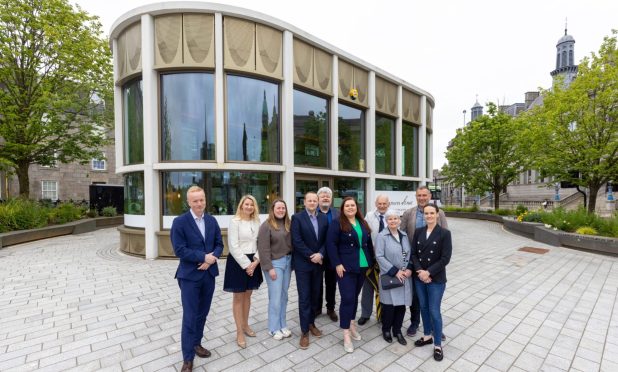
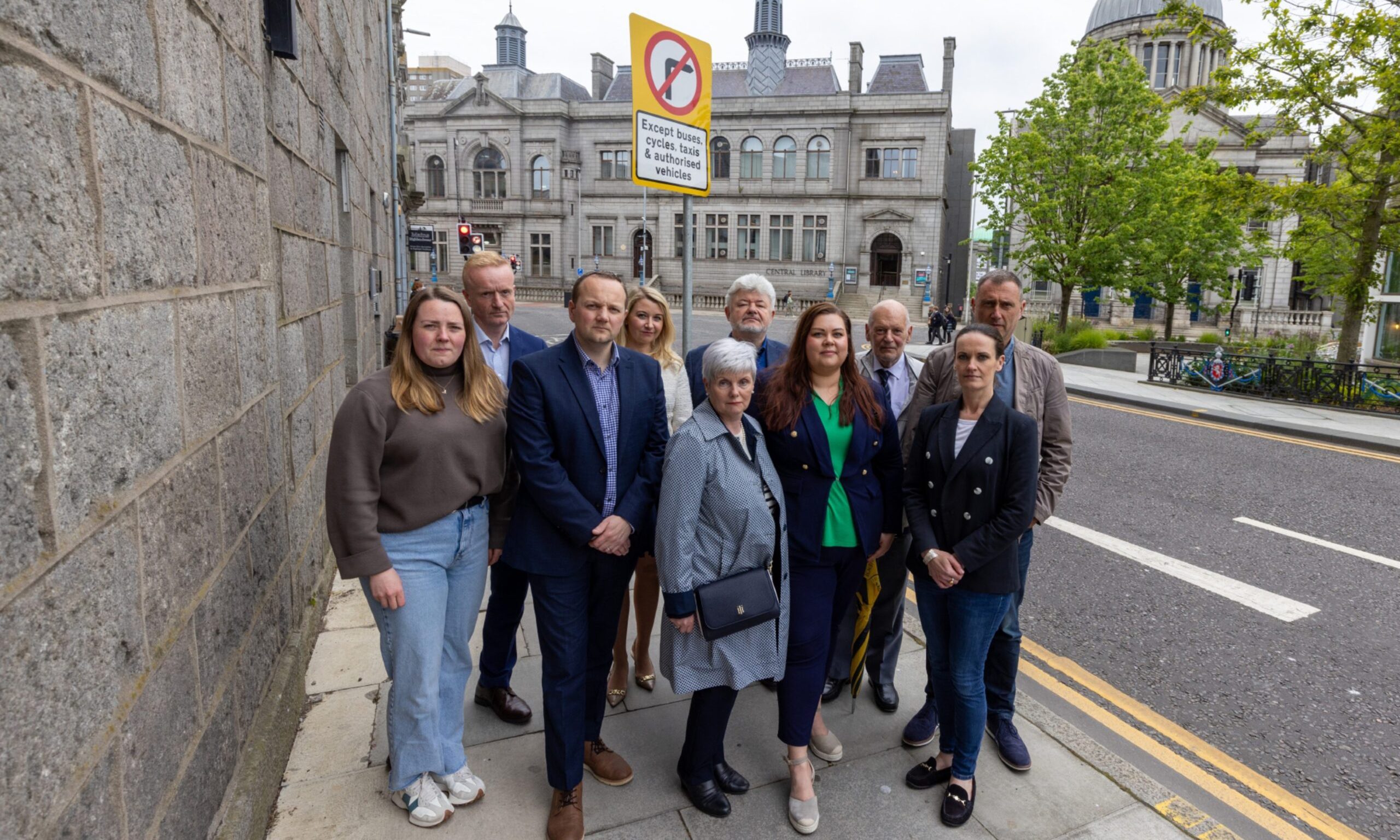
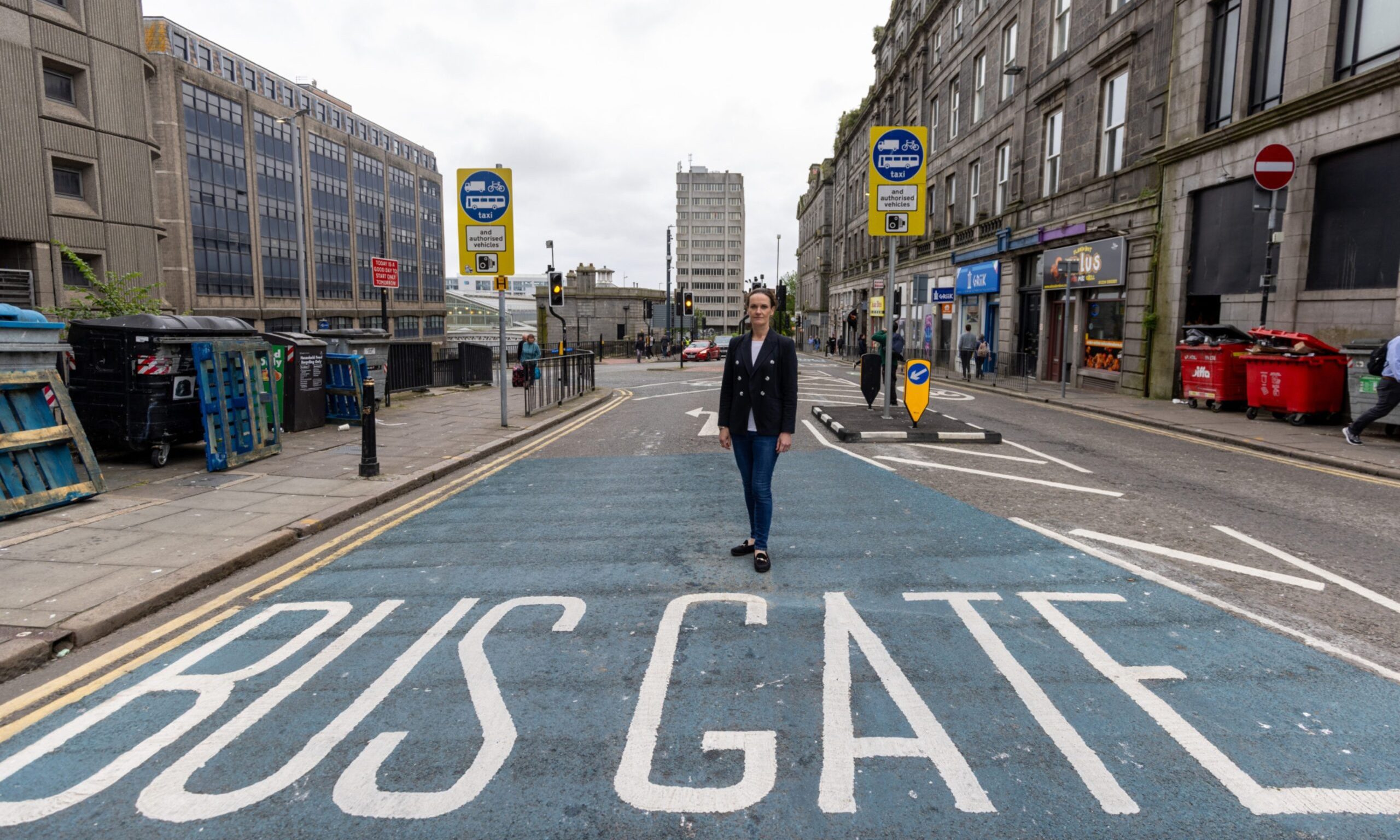
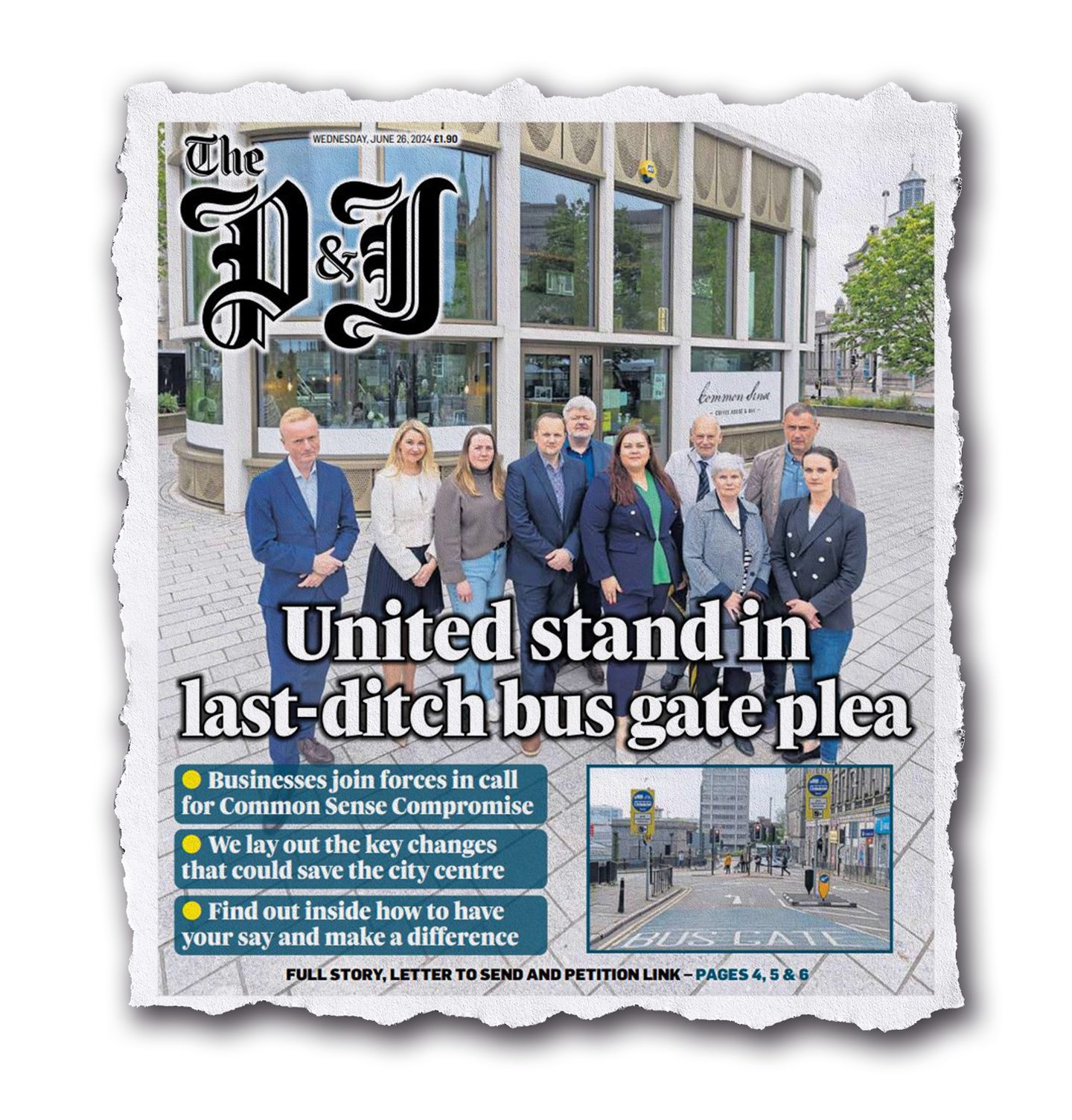
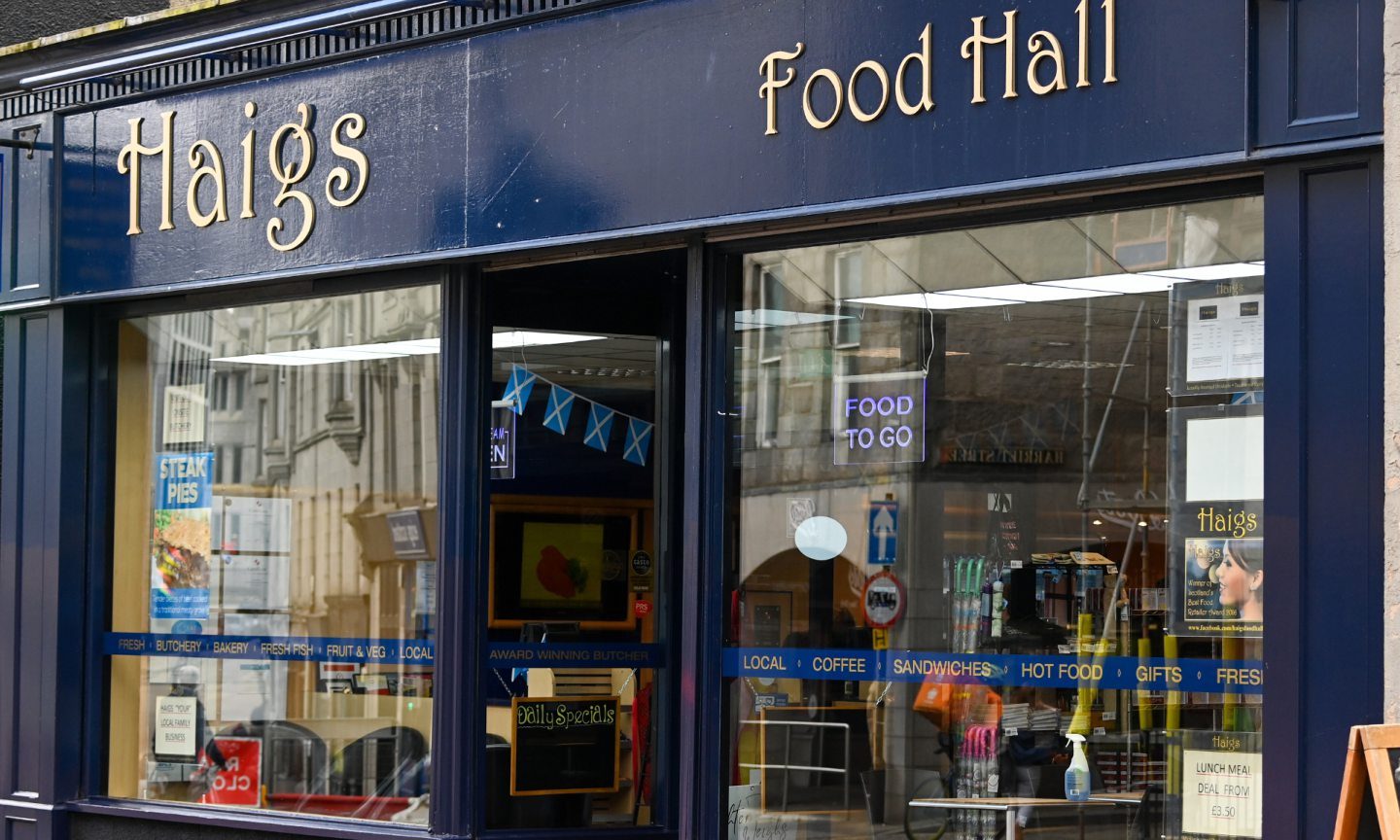
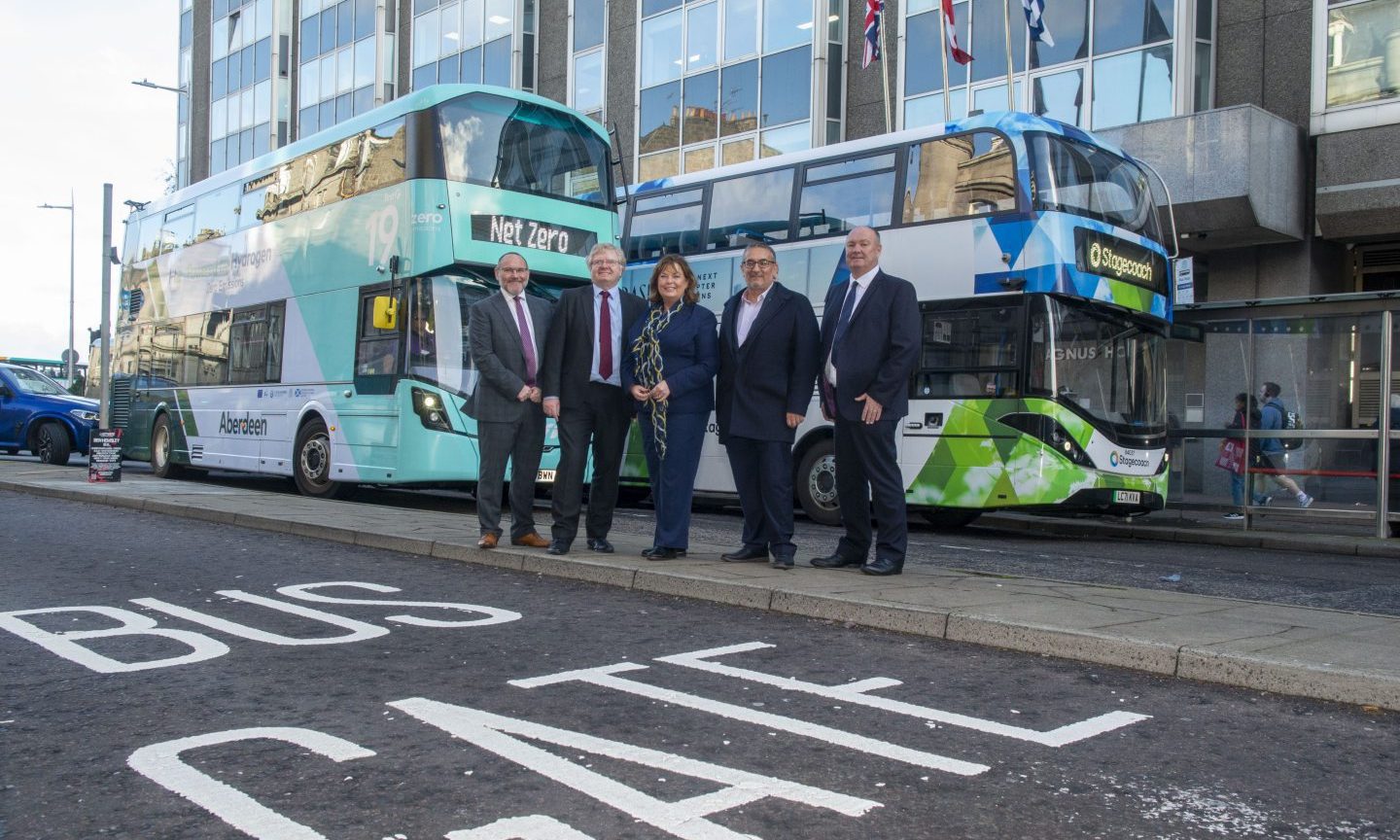
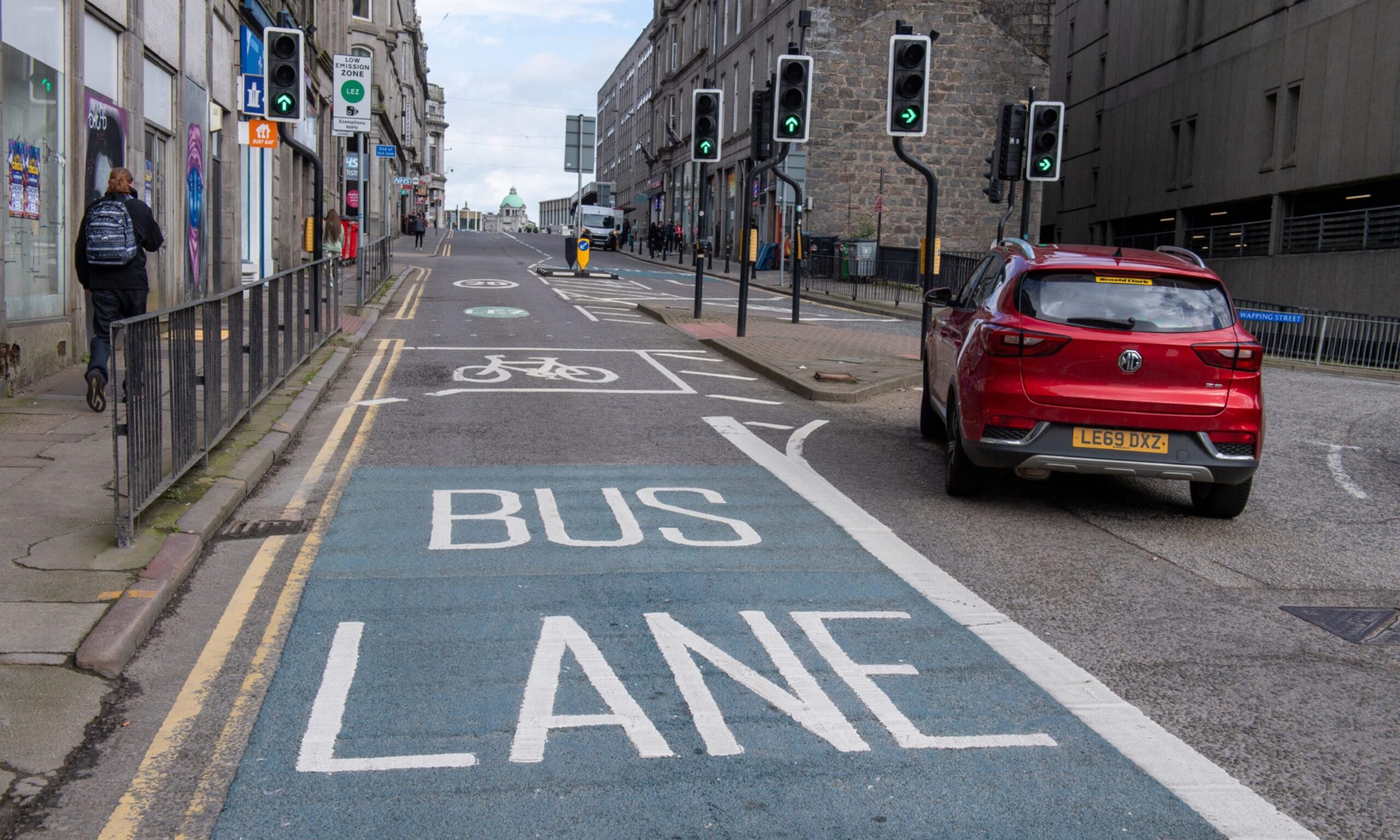
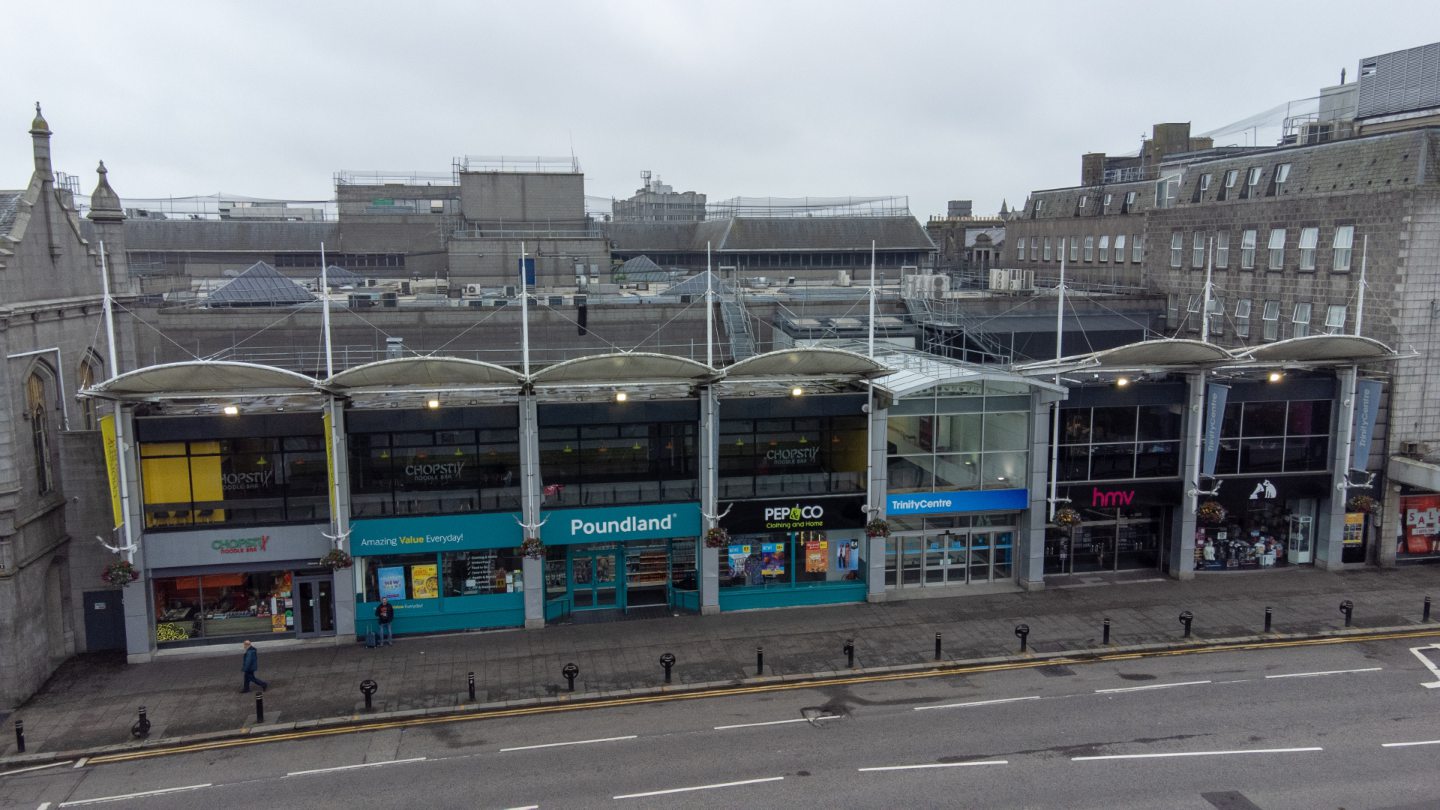



Conversation